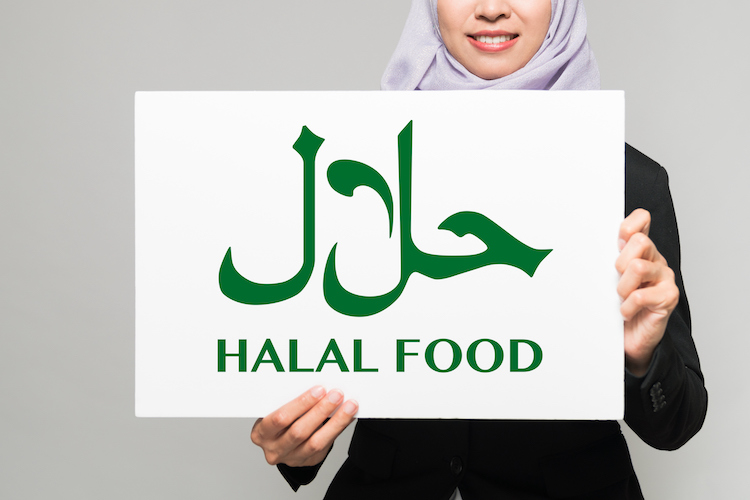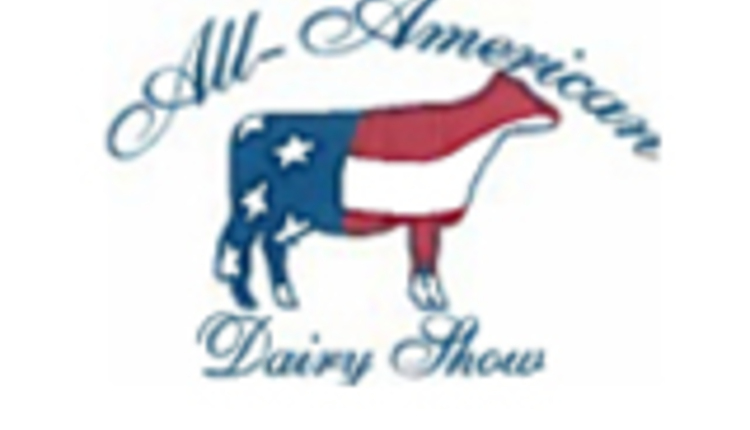
Editor’s Note: The following is an Editorial Comment from the editors of Hoard’s Dairyman.
Dairy exports are an impressive story as the U.S. has grown by leaps and bounds, moving from a nonplayer three decades ago to exporting nearly 18% of our milk production via dairy products. To make the next leap, however, we need to step up our customer service and cater to new customers in ways they want to consume dairy. That will include meeting the halal requirements.
Halal comes to the forefront in Southeast Asia, America’s second-largest dairy export market. The region is home to over 600 million people and the world’s fourth most populous country, Indonesia. Among those 600-plus million consumers are 300 million Muslims, nearly the same number of citizens found in the U.S. Being faith-based, those 300 million people follow their cultural teachings, and that includes halal.
Halal is a universal Arabic term meaning lawful or permissible. Halal not only encompasses food and drink but all matters of daily life for a Muslim. It connotes purity, cleanliness, safety, and quality. Hence, for food and beverage manufacturers, restaurants, and retailers catering to Muslim consumers, it’s akin to kosher for those who are in the Jewish faith.
In Malaysia and Indonesia, all dairy ingredients must be halal certified with Indonesia requiring the halal label on all consumer foods by October 2024. The good news is that most U.S. dairy processors and their products may already be meeting halal requirements without knowing it and would simply need to be certified by a third party to obtain and communicate halal certification.
Additionally, some U.S. exporters are already halal certified. However, unlike suppliers from other countries, some U.S. manufacturers don’t call it out to Southeast Asia customers. As for those that do, it builds customer confidence and opens doors to expanded business opportunities. At a trade show in Indonesia, one U.S. business had halal certification clearly displayed on their banner and customers came to the booth like bees to honey.
Halal food trade is rapidly expanding in non-Muslim countries throughout Asia, partly because incomes are rising and people can afford to buy nutritious dairy products. To that end, Japan and South Korea also have begun requiring halal certification from imported ingredients, so they, in turn, can export products to Muslim customers, particularly in Southeast Asia. Japan and South Korea rank among the top 10 U.S. dairy customers.
Halal has become the gateway to doing business not just in Southeast Asia but also throughout North Africa and other halal-conscious regions. This means that halal certification is increasingly critical for U.S. dairy export success. For companies that export dairy products, the days are numbered for picking and choosing potential customers to avoid halal certification.








